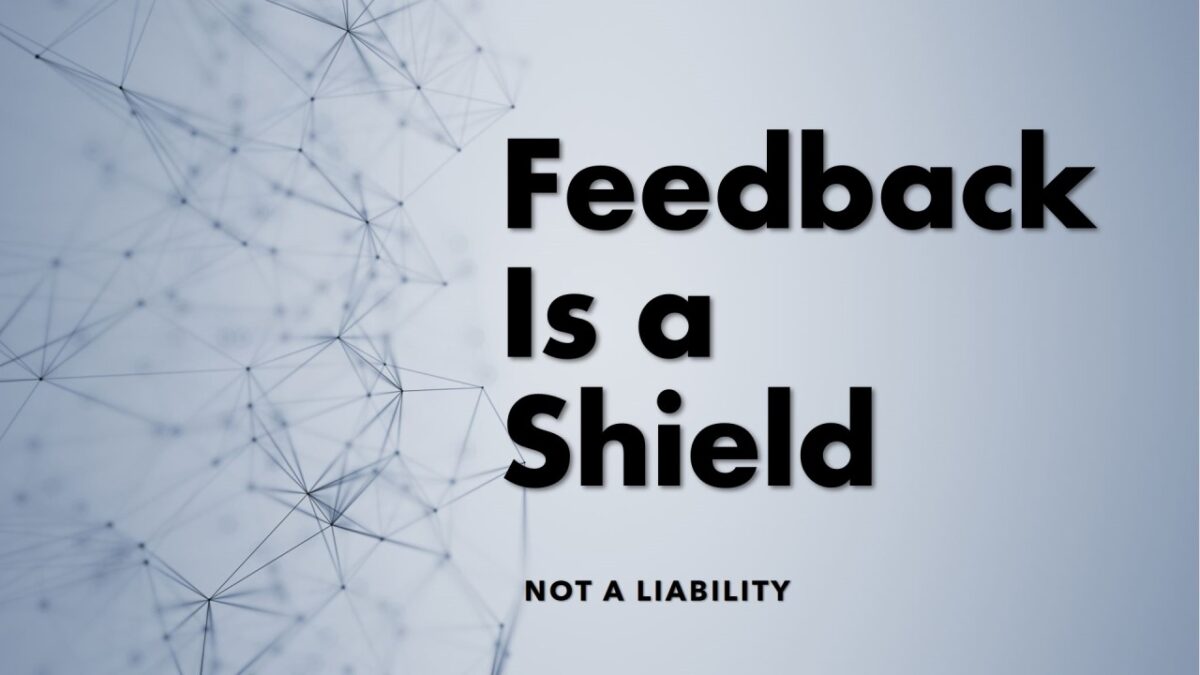In today’s competitive talent market, the way you handle rejection speaks volumes about your organization. For job candidates, silence after an interview feels like hitting a wall without a clear path forward. Constructive feedback offers not only a professional courtesy but a strategic opportunity to strengthen your employer brand and demonstrate fairness in hiring decisions. Done right, it turns a moment of disappointment into one of growth—for candidates and your organization alike.
Why Feedback Matters (And Why It’s Not the Legal Quagmire You Think)
Constructive insight provides candidates with clarity and a path for improvement. Sure, rejection stings, but knowing why softens the blow. Imagine losing a game and getting actionable tips from the coach instead of a curt, “Better luck next time.”
For employers, providing feedback boosts your brand. Candidates who feel respected—even in rejection—are more likely to speak positively about your company. They might reapply for roles in the future or at least avoid venting on Glassdoor about how they were ghosted.
Legal Concerns: Myth vs. Reality
We hear it often: “But legal says no.” The idea that feedback opens the door to lawsuits is largely a myth. U.S. law doesn’t prohibit feedback. In fact, when done right—honestly, professionally, and without bias—feedback is a shield, not a liability.
Avoiding feedback altogether can actually increase suspicion. Candidates left in the dark may assume unfair or discriminatory practices. Transparency, on the other hand, demonstrates that your decision-making process is fair and rooted in measurable, job-related criteria. It’s like showing your work in math class—no one’s going to argue with your answer if they see how you got there.
Structuring Feedback to Avoid Pitfalls
The secret to legally safe feedback lies in structure. Here’s the game plan:
- Standardized Interviews: Develop a structured approach where every candidate answers the same set of job-related questions. This creates a level playing field and ensures consistency across evaluations.
- Objective Scoring Systems: Quantify candidate performance using a 1-to-5 scale. A scorecard not only makes feedback actionable but also leaves less room for subjective interpretations like, “We just weren’t feeling it.”
- Interviewer Training: Equip hiring managers to deliver feedback professionally. Emphasize strengths before areas for growth. It’s less “You’re not good enough” and more “Here’s how you can shine brighter next time.”
What’s in It for You?
Providing feedback isn’t just a kindness—it’s a strategic advantage. It forces your team to refine hiring processes, ensuring consistency and uncovering potential blind spots. Plus, candidates who feel respected often recommend your company, even after being turned down. That’s PR money can’t buy.
The Bottom Line
Legal teams and decision-makers, let’s rethink the “no feedback” policy. Constructive feedback isn’t risky; it’s smart. It strengthens your employer brand, enhances trust, and makes rejection less painful for candidates. By embracing transparency, you’re not just saying “no”—you’re saying, “not yet, and here’s why.” That’s how you turn rejection into an opportunity for growth—for everyone involved.


